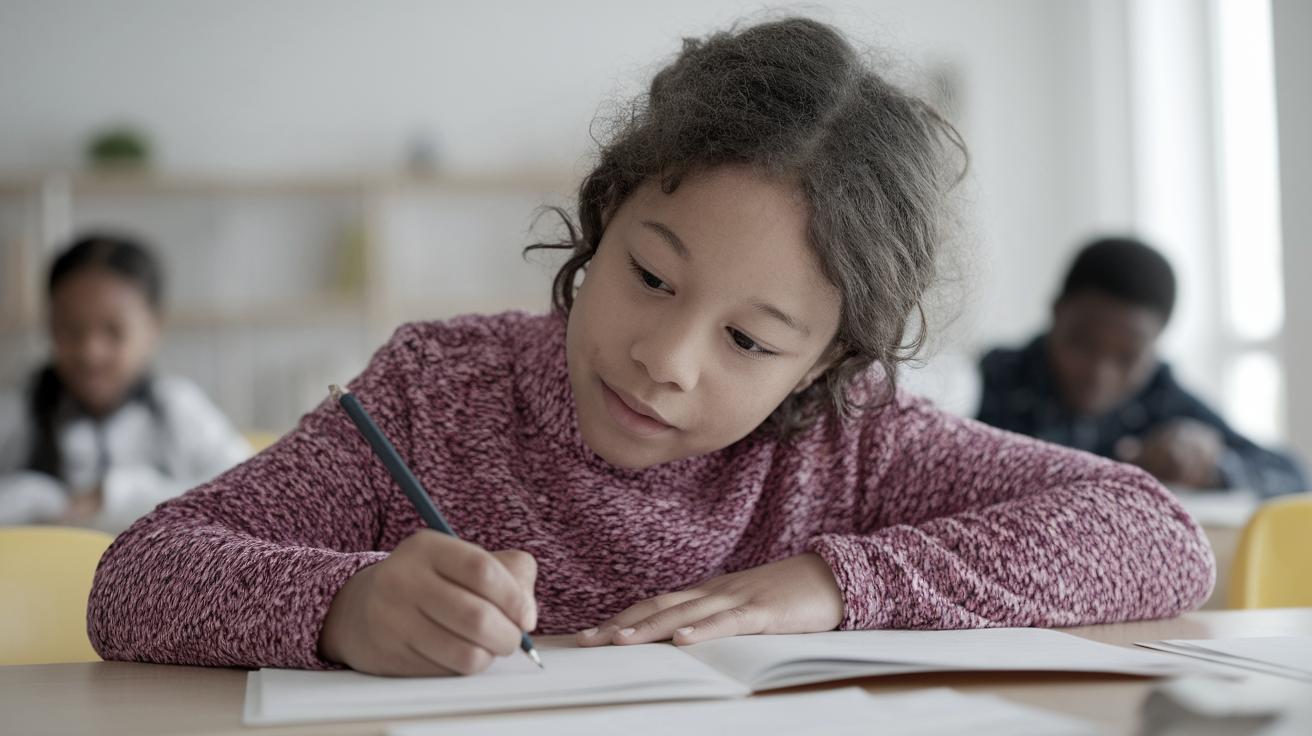The Importance of Lifelong Learning
In an ever-changing world, the concept of lifelong learning has taken center stage as an essential pathway to personal and professional advancement. Embracing a mindset of constant learning not only opens the door to new opportunities but also ensures that individuals remain adaptable and resilient in the face of change. This blog post explores what lifelong learning truly means, its profound importance, and the multitude of benefits it offers, such as career advancement, increased confidence, and personal growth. We’ll also delve into the different stages of learning, from early education to personal projects, and practical habits that foster a lifelong learning environment. Join us as we explore how mentors play a vital role in this journey and how to celebrate successes along the way. By the end of this post, you’ll be motivated and equipped with the tools to make lifelong learning a part of your everyday life.
What Is Lifelong Learning?
Lifelong learning is the continuous, voluntary, and self-motivated pursuit of knowledge for both personal and professional reasons. It goes beyond traditional academic education and is not confined to a classroom setting. Instead, it embraces every form of learning opportunities at all stages of life, from informal learning experiences like self-directed reading to attending workshops and formal courses.
The essence of lifelong learning lies in its adaptability and inclusivity, recognizing that learning is a constant process evolves with the learner’s needs and interests. This model encourages individuals to constantly challenge themselves, seeking new knowledge and skills that can enhance their personal lives, improve their professional performance, and even contribute positively to society.
Why Is Lifelong Learning Important?
In today’s rapidly developing world, the pace of technological advancement and societal change means that the skills required to thrive are continually evolving. Lifelong learning allows individuals to keep their skills relevant and up-to-date, making them more valuable and versatile in the workforce. This adaptability is crucial in an era where career paths are no longer linear.
Moreover, lifelong learning fosters a mindset that allows individuals to embrace new challenges with confidence and resilience. It cultivates curiosity and encourages innovation, which are essential qualities in solving complex problems and generating creative solutions. By committing to being lifelong learners, individuals prepare themselves for the inevitable changes that life presents, ensuring that they can navigate them with ease and assurance.
Benefits of Being a Lifelong Learner
Career Advancement
Lifelong learning significantly enhances career prospects by equipping individuals with the latest industry knowledge and advanced skills. This ongoing commitment to self-improvement makes them more attractive to employers and can often lead to promotions or opportunities to transition into new roles. As businesses strive to stay competitive, they highly value employees who demonstrate the willingness and ability to learn continuously.
Additionally, engaging in lifelong learning can open doors to entirely new career paths. By acquiring new competencies, individuals can pivot across industries or specialize in niche areas that align with their interests. This flexibility not only increases job satisfaction but also ensures a diverse and dynamic career trajectory.
Increased Confidence and Motivation
One of the intangible yet profound benefits of lifelong learning is the boost in confidence it provides. As individuals acquire new skills and knowledge, they develop a stronger sense of self-efficacy. This confidence extends to various parts of life, empowering learners to take on new challenges and set higher goals for themselves.
Lifelong learning also fuels motivation. The intrinsic rewards of mastering new skills or understanding complex concepts can propel individuals to seek further knowledge, creating a virtuous cycle of continuous growth and development. This sustained motivation often translates into greater personal and professional achievements.
Personal Growth
Lifelong learning contributes significantly to personal development by expanding one’s horizons and fostering a more enriched view of the world. As individuals engage with diverse subjects and perspectives, they develop a broader understanding of different cultures, ideas, and philosophies.
This exposure to varied ways of thinking encourages empathy and open-mindedness, which are essential traits for personal growth. By regularly interacting with new concepts, lifelong learners become more adaptable and receptive to change, improving their capacity to navigate life’s complexities.
Adaptability
Adaptability is a cornerstone of lifelong learning. The process of continuous education inherently prepares individuals to handle change more effectively. In a world characterized by rapid technological advancements and shifting market demands, being adaptable is crucial for both personal and professional resilience.
Lifelong learners are equipped with the habit and mindset necessary to perceive change not as a threat but as an opportunity. This ability to embrace and thrive amid change is essential not only for staying relevant in the job market but also for personal development, enabling learners to adjust their life strategies and goals as needed.
Early Years of Learning
The foundation for lifelong learning is often laid in early childhood, where curiosity and a thirst for knowledge are instinctive. During these formative years, children develop foundational cognitive, social, and emotional skills that shape their ability to learn and adapt throughout their lives.
Early education emphasizes play-based and discovery-oriented learning, which encourages children to explore ideas and concepts at their own pace. This fosters a positive attitude toward learning, crucial for developing into self-motivated lifelong learners who eagerly embrace education beyond the classroom setting.
Formal Education: School and University
Formal education plays a significant role in instilling the principles of lifelong learning. Schools and universities offer structured environments where students can acquire not only a foundational body of knowledge but also critical thinking and problem-solving skills necessary for further exploration.
Higher education, particularly, reinforces lifelong learning by encouraging specialization and independent research. University students often engage in intellectual partnerships with professors and peers, engaging in debates and collaborative projects that stimulate their capacity for continuous learning and inquiry.
Professional Development
Professional development encompasses a wide range of learning activities that enhance an individual’s skills and knowledge in their specific field of work. This can include industry-specific certifications, attending conferences, and participating in workshops or seminars.
Such intentional learning within a professional context not only helps individuals to remain informed about industry trends but also to acquire expertise that enhances their job performance. Engaging in professional development activities demonstrates a commitment to a profession and can be a decisive factor in career progression.
Personal Learning Projects
Personal learning projects offer a great opportunity for exploration beyond the scope of formal education and professional requirements. These projects are driven by individual interests and passions, such as learning a new language, acquiring a musical skill, or exploring creative writing.
Through these self-directed learning endeavours, individuals have the freedom to tailor their education to their personal goals and aspirations. The skills acquired not only enrich personal life but might also complement professional ambitions, creating a well-rounded individual prepared to tackle any challenge.
Practical Habits to Foster Lifelong Learning
Cultivating a habit of lifelong learning involves creating an environment that encourages ongoing education. Practical habits, such as setting aside regular time for reading, enrolling in online courses, or joining discussion groups, can enhance learning opportunities.
Additionally, adopting a reflective practice where learners regularly assess their progress and areas for improvement can be instrumental in identifying future learning goals. By embedding learning into daily routines, individuals seamlessly integrate it into their lifestyle, ensuring continuous development.
Mentors and Lifelong Learning
Mentorship is a vital aspect of lifelong learning, acting as both a guide and a source of inspiration. Mentors provide invaluable insights and feedback, encouraging learners to explore new perspectives, challenge assumptions, and push beyond their perceived limits.
Engaging with mentors cultivates a learning dynamic where knowledge transfer happens both formally and informally, fostering an enriching education continuum. The relationships built between mentors and learners are often symbiotic, creating mutual growth and learning experiences.
Celebrating Success as a Lifelong Learner
Recognizing and celebrating achievements is crucial in maintaining motivation on the lifelong learning journey. Celebrating small milestones reinforces the satisfaction that comes from personal and professional development, providing the drive to pursue further learning goals.
Success in lifelong learning is not solely determined by reaching a destination but also by the learning journey itself. Acknowledging the skills acquired and the personal growth experienced encourages ongoing commitment and dedication to learning throughout life.
Next Steps
| Aspect | Details |
|---|---|
| Importance | Lifelong learning keeps skills relevant, builds confidence, and prepares individuals for societal changes. |
| Benefits | Career advancement, personal growth, increased confidence, and adaptability. |
| Approaches | Early education, formal schooling, professional development, and personal projects. |
| Strategies | Develop practical habits, engage with mentors, and celebrate learning milestones. |


